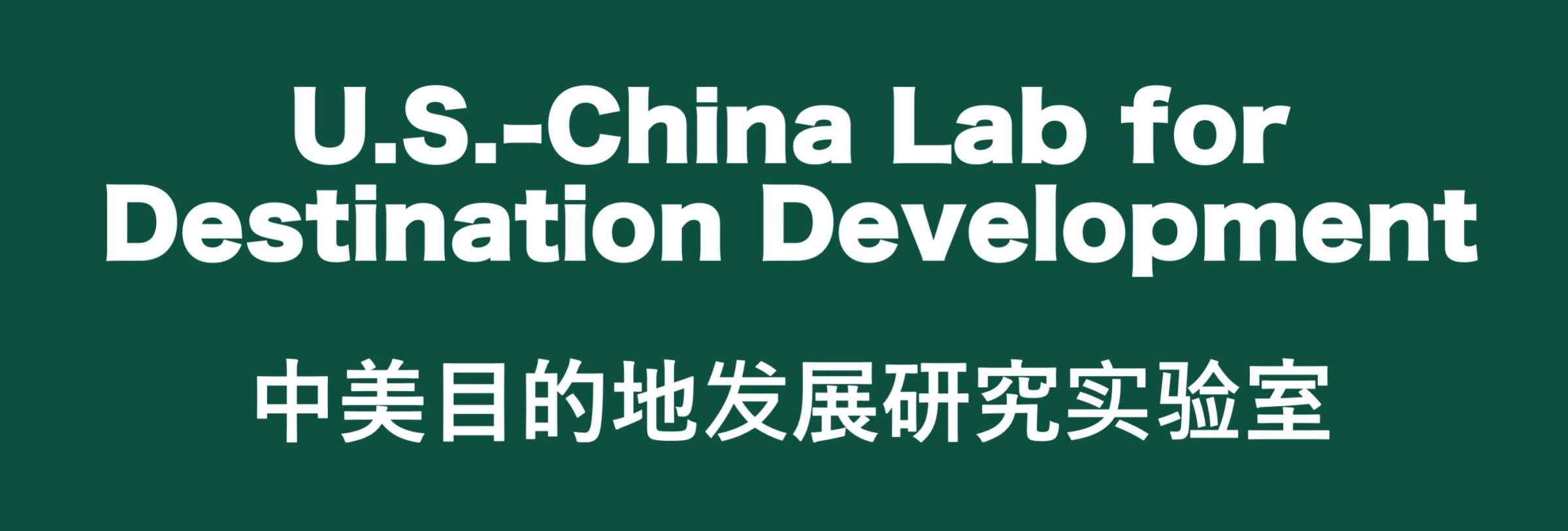Dr. Xiong

I am a tenured Associate Professor in the Department of Human Dimensions of Natural Resources (HDNR) at Colorado State University (CSU). With a background in tourism and hospitality marketing, my research began by focusing on internal branding and destination marketing from an internal stakeholder perspective. My teaching also advocates for the voice of internal stakeholders, including service employees and destination residents in tourism.
As a transplant to Colorado, I’ve developed a deep appreciation for nature and open spaces. My business-oriented research has gradually evolved to encompass nature-based tourism and conservation issues, while maintaining a strong focus on the human dimension. Today, my work bridges business management, stakeholder engagement, and human–nature relationships through interdisciplinary approaches that promote sustainability and well-being.
I have led research grants exploring human-wildlife coexistence under rapid urbanization and multiple international cultural exchange projects. As the Director of the China Sustainable Tourism Programs at HDNR, I oversee two successful international collaborative master’s programs: Master of Tourism Management and Master of Park and Protected Area Management – China.
Join Our Research Lab
Are you passionate about the intersection of people, nature, and business? This lab explores a range of topics that bridge tourism, wildlife, conservation, branding, and public health. We are currently seeking motivated lab members and collaborators to support and grow our ongoing projects, including:
-
Internal Branding in Tourism: Investigating how organizational practices empower service employees to embody brand values, and how this impacts employee well-being and motivation—especially in today’s evolving labor landscape.
-
Sustainable Destination Marketing: Exploring how destination residents serve as brand ambassadors and how emotional labor and livelihood transition challenges influence sustainable tourism in vulnerable communities.
-
Human–Wildlife Coexistence: Examining shifting wildlife values in China to inform conservation strategies that respect both ecological and human needs.
-
Climate Change, Parks & Public Health: Collaborating with interdisciplinary scholars to assess how environmental changes in public parks affect visitor behavior and health outcomes.
Whether you’re a student interested in tourism and social science, or a scholar looking to collaborate across disciplines, I’d love to hear from you. Please visit my personal website to learn more about my research or reach out to my email: lina.xiong@colostate.edu
